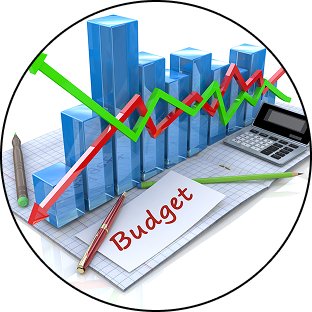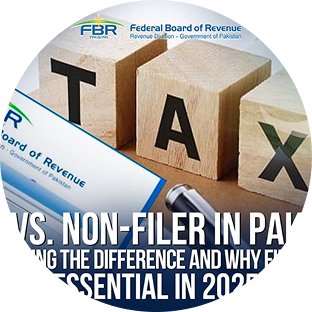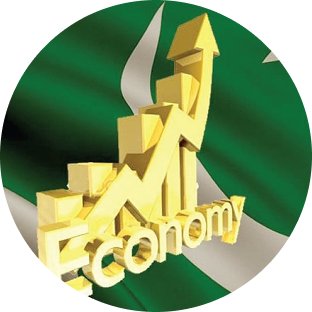“Reform. Rebuild. Rise.” – Gohar Ejaz’s Bold Blueprint to Rescue Pakistan’s Economy
“Reform. Rebuild. Rise.” – Gohar Ejaz’s Bold Blueprint to Rescue Pakistan’s Economy
As Pakistan prepares for the federal budget 2025-26, former Federal Minister and APTMA Patron-in-Chief, Gohar Ejaz, has laid out a bold and timely economic roadmap to break the cycle of stagnation. Titled “A Roadmap to Economic Stability and Export-Led Growth,” the plan offers clear direction across key sectors—industry, exports, energy, construction, and agriculture.
At the core of this vision is industrial revival. The country must establish Special Industrial Zones near major cities with reliable infrastructure and globally competitive energy rates. Without affordable power and logistical efficiency, Pakistan’s manufacturers will continue to lose ground internationally. The current Export Facilitation Scheme (EFS) is criticized for favoring imported inputs over domestic value chains, contributing to the closure of local manufacturing units. A course correction is essential to protect and rebuild domestic industry.
For investors to re-engage with Pakistan’s economy, long-term consistency is vital. A five-year Industrial and Export Policy is proposed to provide predictability and strategic direction – conditions that are fundamental to attracting both local and foreign capital.
Exporters should be treated as economic assets. Those achieving at least 10% year-on-year growth deserve a 6% drawback on local taxes. Such performance-based incentives can unlock higher export volumes and strengthen Pakistan’s presence in global markets.
High energy costs and steep interest rates have rendered local products uncompetitive. To reverse this, the roadmap recommends slashing interest rates to 6% and capping industrial electricity tariffs at 9 cents per unit. Lowering these costs will breathe life back into production and export sectors.
The tax burden on the salaried class also comes under scrutiny. A ceiling of 20% is suggested for income tax to give the middle class more breathing room, boosting both savings and consumer spending. Additionally, the super tax should only target corporations earning over Rs. 10 billion, allowing SMEs to thrive without being strangled by excessive taxation.
With over 50 allied sectors depending on it, construction is rightly described as the backbone of national development. It should be declared a priority sector. The blog further points out that withholding taxes on tax-filer property buyers are stifling real estate investment and should be removed to revive housing demand.
Agriculture, often neglected despite its foundational role in the economy, needs immediate modernization. Increased public spending on R&D for cash crops such as wheat, cotton, maize, and sugarcane is necessary to improve yields and returns. Corporate farming is presented as the future—an efficient model to scale output, reduce waste, and ensure food security.
Gohar Ejaz’s roadmap is a strategic reset – a call to action that aligns fiscal policy with national priorities. With a focus on competitiveness, performance incentives, and economic inclusion, it offers a way out of Pakistan’s current economic quagmire.
The message is clear: Reform. Rebuild. Rise as a nation!




